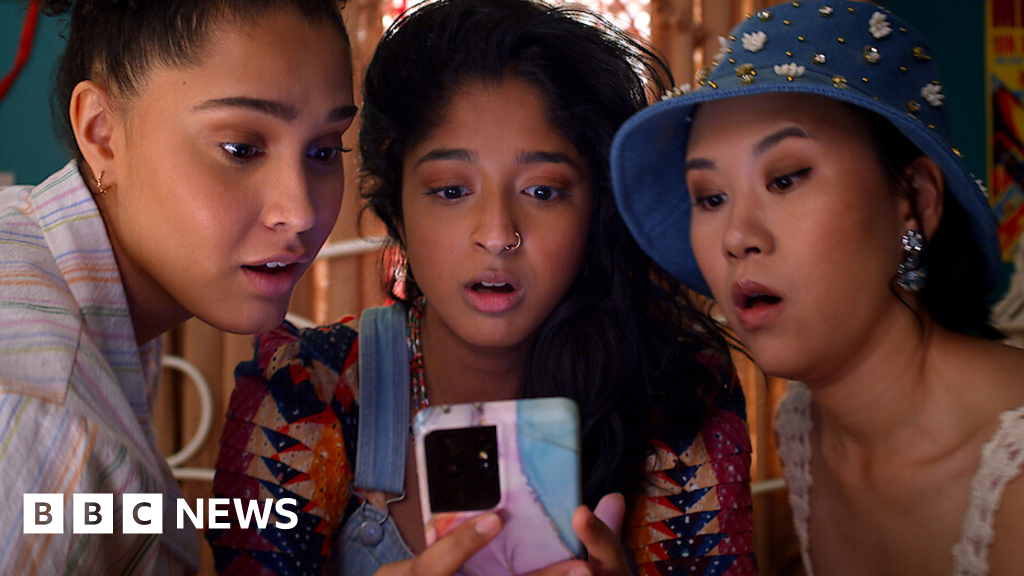Why Gen Z & Millennials are hung up on answering the phone

🌈 Abstract
The article discusses the growing trend among younger generations, particularly Gen Z and millennials, to avoid phone calls and prefer text-based communication methods like messaging and voice notes. It explores the reasons behind this shift, the impact on personal and professional communication, and the potential implications of this changing communication landscape.
🙋 Q&A
[01] The Shift Away from Phone Calls
1. What are the key reasons why younger generations prefer text-based communication over phone calls?
- A quarter of people aged 18 to 34 never answer the phone, preferring to ignore calls, respond via text, or search the number online if they don't recognize it
- Nearly 70% of 18-34s prefer a text to a phone call
- Younger generations didn't develop the habit of speaking on the phone, so it now feels "weird" and not the norm
- Phone calls are associated with bad news or something complicated/difficult, leading to anxiety
- Younger people prefer the flexibility and control of text-based communication, allowing them to participate at their own pace and give more thoughtful responses
2. How has the use of voice notes split the younger generations?
- 37% of 18-34s say voice notes are their preferred method of communication, compared to only 1% of 35-54-year-olds
- Some see voice notes as a "better" way to communicate, providing the benefits of hearing a friend's voice without the pressures of a phone call
- Others find listening to lengthy voice notes from friends to be painful, as they can be side-tracked and filled with filler words
[02] Impact on Personal and Professional Communication
1. How has the shift away from phone calls affected personal communication among younger generations?
- Younger people now rely more on group chats, social media, and messaging to stay in touch with friends, with conversations filled with a mix of banal messages, memes, and gossip
- The use of text-based communication allows for more thoughtful and considered responses
2. How has the phone call phobia in personal life started affecting work life?
- Younger employees, such as lawyers, often avoid workplace phone calls due to the anxiety associated with real-time conversations, potential awkwardness, and the pressure to respond immediately
- There is a growing "this could have been an email" sentiment, as phone calls require the recipient to pause their day and dedicate attention to the conversation
- Younger employees often have excuses ready, such as silencing their phones, to avoid responding to calls from their managers
3. How are employers adapting to the changing communication preferences of younger employees?
- Older business owners have noticed a "visible communication gap" and have had to adapt by respecting their younger employees' preferences for text-based communication
- Some employers are concerned that the trend towards non-verbal communication could lead to a loss of closeness and connection in the workplace, which can impact emotional and professional alignment
[03] Implications and Perspectives
1. How is the shift in communication preferences viewed by different generations?
- While some may view this trend as further proof of "generation snowflake," it is actually about adapting to changing communication needs
- The change in communication methods, from fax to email and now towards text-based communication, is seen as a natural evolution that can make communication more efficient
2. What is the potential impact of the continued shift away from phone calls?
- There are concerns that the trend towards non-verbal communication could lead to a loss of a sense of closeness and connection, especially in the workplace, which can impact emotional and professional alignment
- However, the article suggests that this shift is about adapting to the changing communication preferences of younger generations, much like the transition from fax to email in the past